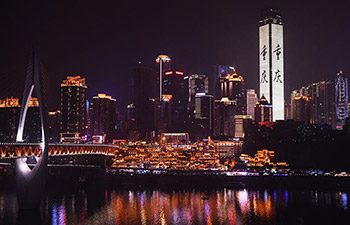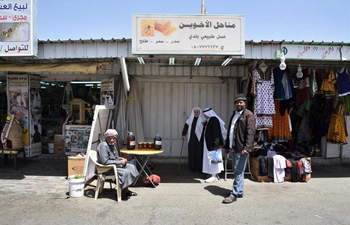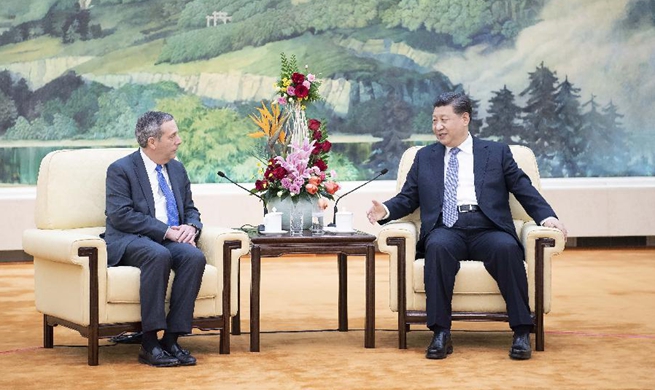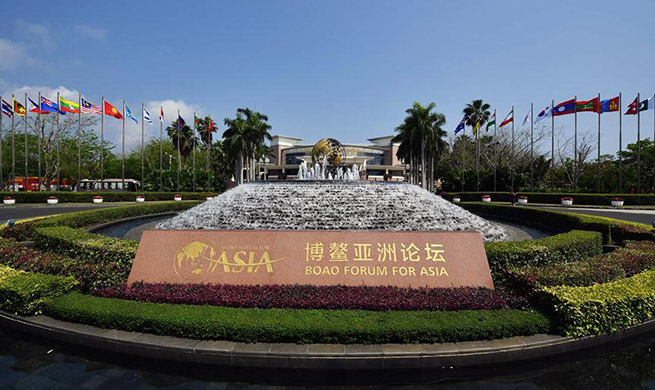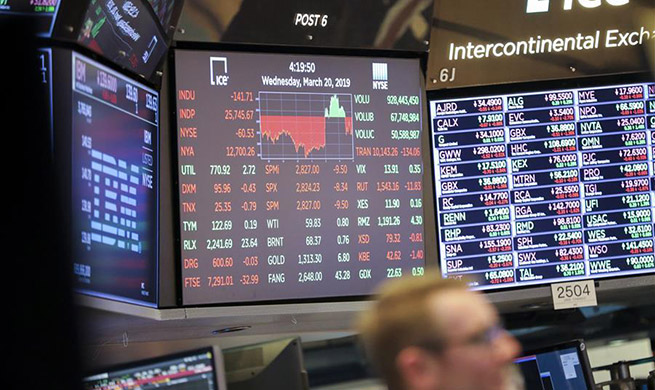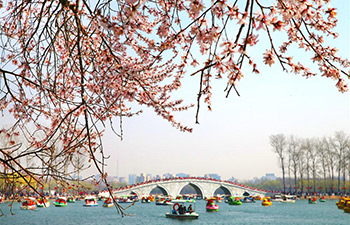LONDON, March 20 (Xinhua) -- The South China Sea needs peace rather than conflict, stability rather than turbulence and it serves the interests of not only countries in the region but also all the countries in the world, Chinese Ambassador to Britain Liu Xiaoming said in a signed article published in The Daily Telegraph on Wednesday.
In the article entitled with "'Gunboat diplomacy' does not promote peace", Liu said it is vital that countries outside the region come to recognize how important this is to all people, and contribute to the peace and stability of the South China Sea, rather than doing the opposite.
As asserting their nation's right to freedom of navigation has long been an excuse for certain Western politicians to "flex their military muscles by sending naval vessels to the South China Sea", the Chinese diplomat stressed that freedom of navigation in the South China Sea is already protected under international law.
"Every year, more than 100,000 merchant vessels, which between them account for one third of the world's seaborne trade, pass through the South China Sea. Never has any single one of them been interrupted or impeded," he said.
Citing the example that the majority of the goods traded between Britain and China, which last year topped 80 billion U.S. dollars for the first time, was shipped through the South China Sea, Liu said there can be no doubt that the South China Sea has the world's "busiest, safest and freest" shipping lanes.
"Those who keep calling 'freedom of navigation' in the South China Sea an issue are therefore, as a Chinese adage so aptly describes, 'worrying about troubles of their own imagination'," he wrote.
The situation in the South China Sea is not as unstable as is often claimed, the Chinese ambassador said, arguing that the only way to a proper settlement is through negotiation and consultation on the basis of the free will and sovereign equality of the parties concerned, which is exactly what China and other nations have been working towards.
He recalled that over the years, China and members of the Association of the Southeast Asian Nations (ASEAN) have been working actively to address the South China Sea issue, stressing that the relevant disputes have not affected the development of bilateral relations between China and other states in the region, but prompting the parties to sit down together and discuss plans to achieve stability and safeguard peace.
Liu denounced the behavior of other countries who choose to send warships on so-called "freedom of navigation" operations.
He said the South China Sea is more than three million square kilometers in area and has numerous shipping lanes. However, some still choose to steer their navy warships close to the waters adjacent to China's islands and reefs or even illegally enter China's territorial waters.
"These moves flagrantly infringe upon China's sovereignty and maritime rights, deliberately drive a wedge between China and its neighbors, and exacerbate regional tensions," he wrote.
"If these acts of gunboat diplomacy, motivated by a Cold War mentality, are not deliberate attempts to stir up trouble then I don't know what is. The world must say no to these hegemonic actions," said the diplomat, stressing that "freedom of navigation" is not a license to do whatever one wants.
"The UK plans to build a 'global Britain' after Brexit. My understanding of the word 'global' entails strategic thinking and a broad vision. It means active contribution to world peace and development, rather than the old-fashioned gunboat diplomacy," Liu said, suggesting that Britain should be able to make a choice that can stand the test of time as a country of vision and wisdom.

